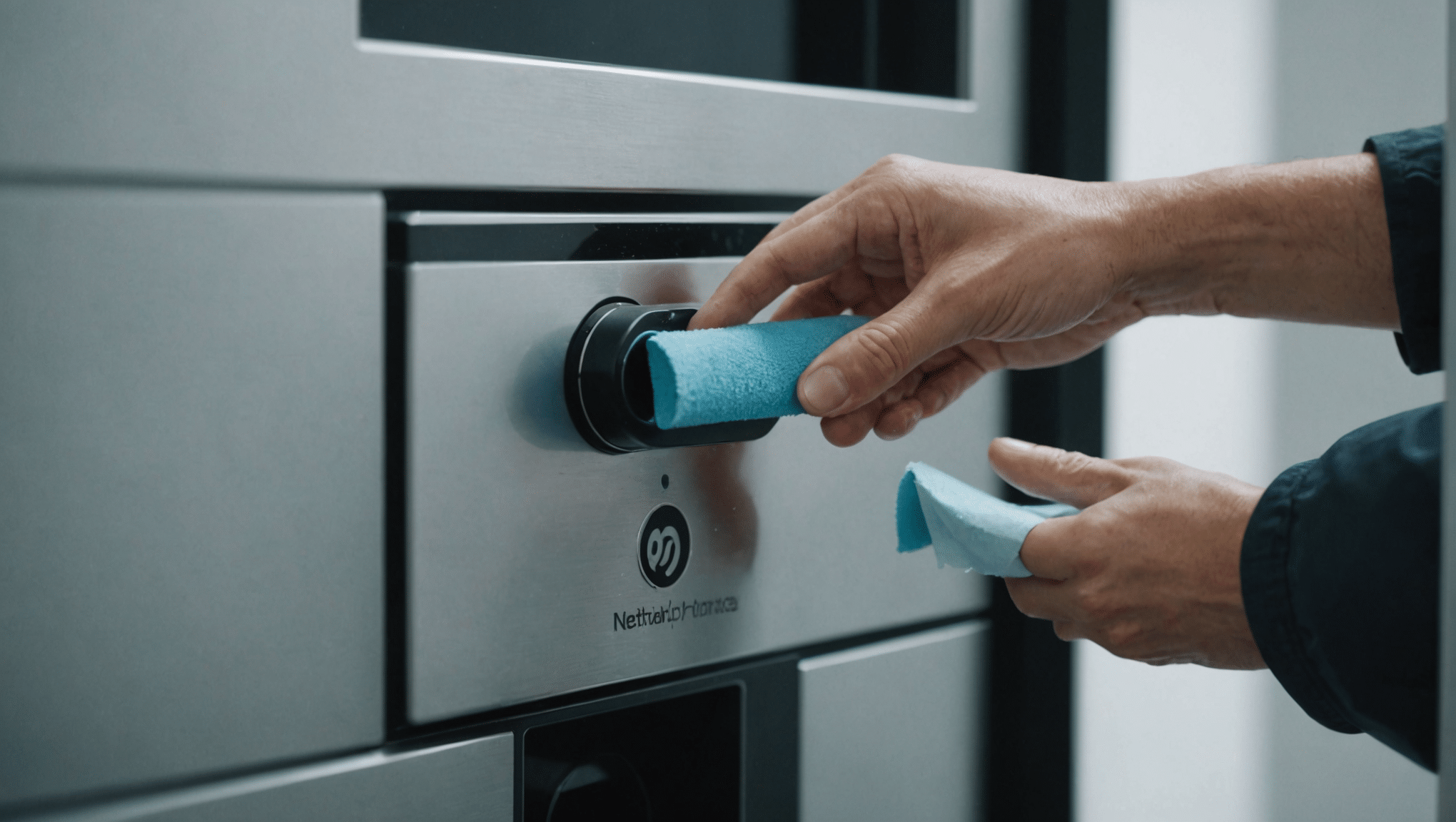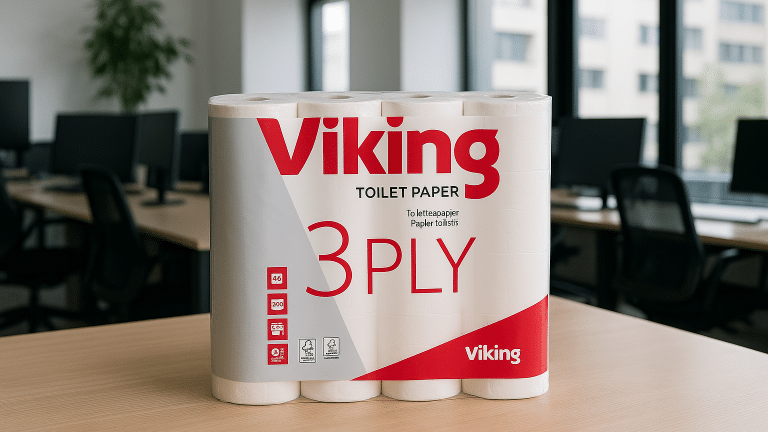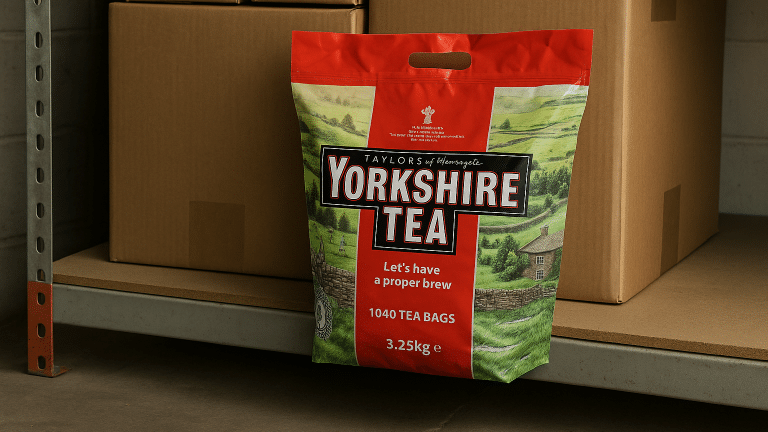
How Effective Are Antibacterial Wipes? Discover the Truth About Germs
Discover how effective ANTIBACTERIAL WIPES are at killing GERMS and reducing bacteria. Learn if these DISINFECTANT wipes provide enough protection against VIRUSES and common pathogens.
Last Updated on 06/10/2025
Antibacterial wipes have become a go-to option for disinfecting surfaces quickly and conveniently. But how effective are they at killing bacteria, germs, and viruses like the coronavirus? This article explores the real effectiveness of antibacterial wipes, examining how they work and whether they provide the level of protection people expect.
How effective are antibacterial wipes at killing germs?
Antibacterial wipes are effective at killing common bacteria and some viruses on surfaces, reducing germs and improving hygiene. However, their effectiveness varies based on ingredients and contact time, so always follow usage instructions to ensure optimal disinfection and protection against illness-causing microorganisms.
Best Practices for Using Antibacterial Wipes
- Always wipe on clean surfaces for optimal germ-killing effectiveness.
- Ensure the surface stays visibly wet for the recommended contact time.
- Use wipes on high-touch areas like door handles and keyboards.
- Avoid using surface wipes on skin to prevent irritation.
- Check if wipes are certified to kill viruses when needed.
- For heavy-duty disinfection, choose a disinfectant wipe instead.
- Dispose of wipes properly to reduce environmental impact.

How Antibacterial Wipes Work on Surfaces
Antibacterial wipes are designed with cleaning agents and disinfectants that help kill bacteria and germs on surfaces. Most wipes contain active ingredients like benzalkonium chloride, which effectively kill bacteria on contact. When you use a wipe to clean, it leaves a residue that can continue disinfecting surfaces even after you’re done.
These wipes are especially effective on high-touch surfaces like door handles, keyboards, and countertops, where bacteria and viruses can spread quickly. By wiping down surfaces regularly, you can reduce the risk of infection and keep spaces cleaner and more hygienic. Antibacterial wipes also come in handy for quick clean-ups when traditional cleaning products aren’t available.
However, it’s essential to use antibacterial wipes correctly. For them to work, you need to ensure the surface stays wet for a certain amount of time, often specified on the packaging. This contact time allows the disinfectant to effectively kill bacteria and other microorganisms present on the surface, ensuring thorough disinfection.
Antibacterial Wipes vs. Disinfectant Wipes
While antibacterial wipes target bacteria, disinfectant wipes are broader in scope, often formulated to kill a wider range of germs, including viruses. Disinfectant wipes contain powerful cleaning agents, such as bleach or alcohol, which are effective against bacteria and viruses, making them ideal for more thorough clean and disinfect tasks.
Choosing between antibacterial and disinfectant wipes depends on what you’re aiming to clean. Antibacterial wipes are great for daily use in homes or offices where you mostly deal with bacteria. Disinfectant wipes, on the other hand, are suitable for high-risk areas like hospitals or during outbreaks when it’s essential to kill bacteria and viruses effectively.
Knowing the difference helps in making better cleaning choices. If you’re only concerned with bacteria, antibacterial wipes might suffice. For broader protection, especially in public spaces, disinfectant wipes can give you that extra layer of hygiene by killing bacteria, viruses, and other pathogens more comprehensively.
Do Antibacterial Wipes Effectively Kill Germs?
Antibacterial wipes are generally effective at killing bacteria on surfaces, reducing the spread of germs and improving hygiene. When used as directed, they can eliminate common bacteria types and offer some level of virus protection. However, not all wipes are equally effective against viruses like coronavirus, so always check if they’re certified to kill both bacteria and viruses.
It’s worth noting that while antibacterial wipes can kill germs, their effectiveness may vary. They’re often effective against bacteria but may struggle with more resilient pathogens unless they contain specific ingredients like alcohol. When looking to disinfect, understanding which wipes to use is key to ensuring surfaces are genuinely sanitized.
For surfaces that require frequent cleaning or areas with high contamination risk, consider pairing antibacterial wipes with other cleaning agents for a more thorough disinfection routine. By doing so, you can achieve a higher standard of cleanliness and protection against various pathogens.
Are Antibacterial Wipes Safe for Skin?
Most antibacterial wipes are designed for surfaces, not skin, and may contain chemicals that can irritate or dry out your hands. Frequent use on skin can lead to redness or rashes, especially if the wipe contains strong cleaning agents like bleach or benzalkonium chloride. Always check the label to see if the product is safe for use on hands or sensitive areas.
For those who need to sanitise their hands frequently, there are sanitising wipes specifically made for skin, often with ingredients that are kind to skin and prevent dryness. These wipes are gentler yet effective at killing bacteria, providing a safe alternative to surface wipes for hand sanitisation, especially in situations without soap and water.
Using surface wipes on skin isn’t generally recommended due to potential irritants. If you’re looking for a safe option, consider hand sanitisers or antibacterial hand wipes specifically made for skin. These alternatives offer an effective way to maintain hygiene without compromising skin health.
Choosing the Right Wipe for Your Needs
Not all wipes are created equal, and choosing the right one depends on the type of cleaning you need. Antibacterial wipes are suitable for everyday surfaces that don’t require heavy-duty disinfection, such as desks or light switches. Disinfectant wipes, with their broader pathogen-killing ability, are better for high-traffic areas and shared spaces.
For those seeking virus protection, antiviral wipes or disinfectant wipes that specify virus efficacy might be the best choice. These are often used in healthcare settings or during flu seasons to successfully kill viruses on surfaces. If you want to be thorough, use disinfectant wipes on surfaces prone to contamination, especially those frequently touched by multiple people.
As you browse options, consider where you’ll use them and what you aim to kill—bacteria, viruses, or both. Selecting the right wipe ensures better hygiene and reduces the spread of pathogens, allowing you to keep your environment safe and clean with the best cleaning product for each specific need.
| Type of Wipe | Targeted Use | Ideal For |
|---|---|---|
| Antibacterial Wipes | Primarily kills bacteria on surfaces | Everyday home and office surfaces |
| Disinfectant Wipes | Kills a broad range of germs, including viruses | High-risk areas, hospitals, public spaces |
| Sanitizing Wipes for Skin | Gentle on skin while killing bacteria | Hand sanitization when soap isn’t available |
| Antiviral Wipes | Effective against viruses and bacteria | Areas with virus transmission concerns |
Conclusion
Antibacterial wipes are an effective way to keep your workspace clean, killing bacteria and helping maintain a hygienic environment. For shared spaces and frequently touched surfaces, using these wipes can reduce the spread of germs and contribute to a healthier workplace.
At Viking, we are committed to providing workplace solutions that enhance productivity and safety. With our range of cleaning supplies, including antibacterial and disinfectant wipes, you can create a cleaner and more efficient work environment, supporting both health and productivity for your team.
Frequently Asked Questions
Do antibacterial wipes kill bacteria and viruses effectively?
Antibacterial wipes are effective at killing most common bacteria on surfaces, helping to reduce the risk of infection. However, they are not always effective against all viruses unless specifically formulated for that purpose. For broader germ control, consider disinfectant wipes that target both bacteria and viruses, improving hygiene on high-touch areas.
Can I use antibacterial wipes on my hands?
Most antibacterial wipes are formulated for surfaces and may contain chemicals that can irritate skin, especially with frequent use. For hand hygiene, look for sanitizing wipes made specifically for skin, as they are safer and gentler. Antibacterial surface wipes should be reserved for disinfecting objects rather than personal use.
How long should I leave surfaces wet for disinfection?
For antibacterial wipes to work effectively, the surface needs to stay visibly wet for the recommended contact time, typically around 4-5 minutes. This allows the disinfecting agents to kill bacteria and other pathogens thoroughly. Always check the instructions on the product packaging to ensure proper disinfection.
Are antibacterial wipes environmentally friendly?
Most antibacterial wipes are single-use and often contain synthetic materials, making them less eco-friendly. Some brands now offer biodegradable or compostable options, though they remain less common. If environmental impact is a concern, reusable cloths with a disinfecting solution can provide a more sustainable alternative for regular cleaning needs.












